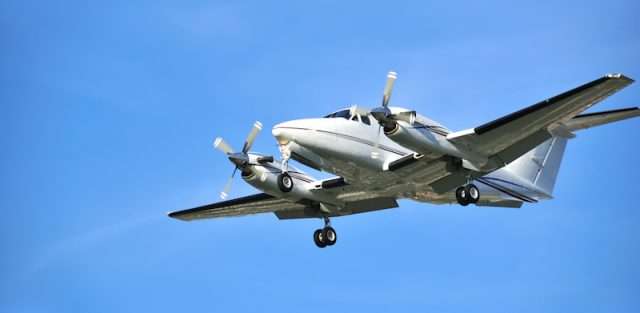International Civil Aviation Organization (ICAO)

The International Civil Aviation Organization (ICAO) is an agency of the United Nations. The ICAO develops the principles and techniques of international air navigation, including air charter operations. The ICAO has been around since 1944 and it now comprises nearly 200 member states and industry groups. Towards the end of World War II, the leaders of the day had the foresight to recognize the need to govern civil aviation operations. While it would have been difficult to foresee just how commonplace aviation has become, they certainly laid a solid foundation. Among other things, the ICAO developed a series of policies known as Standards and Recommended Practices (SARPs). Civil aviation authorities around the globe use these codes to ensure they adopt best practices for:
- Safety
- Security
- Efficiency
- Economic sustainability
- Environmental responsibility
ICAO Airport Codes
The ICAO also plays an important role in developing strategies for flight safety and navigation. Part of that involves the use of ICAO airport codes. These four-character alphanumeric codes help identify individual airport locations around the world. Furthermore, they assist air traffic control, airlines and air charter operators in everything from flight planning to airway navigation. Based in Montreal, Canada, the ICAO continues to develop international air transport policies to ensure safe, orderly growth well into the future.
The International Civil Aviation Organization (ICAO) is an agency of the United Nations. The ICAO develops the principles and techniques of international air navigation, including air charter operations. The ICAO has been around since 1944 and it now comprises nearly 200 member states and industry groups. Towards the end of World War II, the leaders of the day had the foresight to recognize the need to govern civil aviation operations. While it would have been difficult to foresee just how commonplace aviation has become, they certainly laid a solid foundation. Among other things, the ICAO developed a series of policies known as Standards and Recommended Practices (SARPs). Civil aviation authorities around the globe use these codes to ensure they adopt best practices for:
- Safety
- Security
- Efficiency
- Economic sustainability
- Environmental responsibility
ICAO Airport Codes
The ICAO also plays an important role in developing strategies for flight safety and navigation. Part of that involves the use of ICAO airport codes. These four-character alphanumeric codes help identify individual airport locations around the world. Furthermore, they assist air traffic control, airlines and air charter operators in everything from flight planning to airway navigation. Based in Montreal, Canada, the ICAO continues to develop international air transport policies to ensure safe, orderly growth well into the future.








